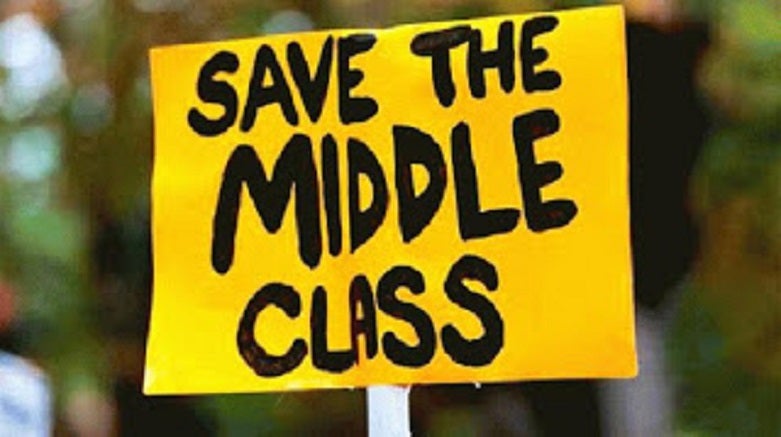Uncategorized
‘Non-Competes’ Are Latest Attempt to Stifle Workers

The White House has begun raising the alarm about a growing employer abuse –“non-compete agreements” which workers are pressured to sign, promising not to do the same kind of work in the same area for another company within a certain period of time after leaving a job.
Research suggests that 30 million U.S. workers are currently covered by non-compete agreements, even though many of those agreements are unenforceable in court. And according to a White House analysis released last month, non-compete agreements have the potential to hold back wages. When workers are prevented from accepting competitors’ offers, they have less leverage in wage negotiations and fewer opportunities to develop their careers.
Historically, non-competes were only used with key employees like top managers. They were used to prevent workers with “trade secrets” from transferring technical knowledge and intellectual property to rival firms.
But it’s moved beyond that. Increasingly, low-wage workers are being told to sign non-competes, often after they’ve already agreed to accept the job and made plans according. Non-competes cover an estimated 18 percent of the workforce overall, 15 percent of workers without a college degree and 14 percent of workers earning less than $40,000.
The most notorious case so far is probably the national sandwich chain Jimmy John’s, which requires its employees to sign an expansive non-compete agreement that would ban them for two years from working at any other store that makes at least 10 percent of its sales from sandwiches.
Several bills in Congress would bar non-competes for workers earning less than $15 an hour or $31,200 a year, but the bills don’t appear to be headed for passage currently. So in the meantime, the White House document points to several state laws as examples other states should follow. Those include California, Oklahoma and North Dakota, where non-competes are flat-out illegal and unenforceable in court.
In the coming months, the White House, the Treasury Department and the Labor Department plan to convene a group of experts in labor law, economics, and business to discuss non-competes and their consequences. They’ll look at state best practices, and issue a call for state-level reforms.
- Press Associates, Inc., contributed to this report.